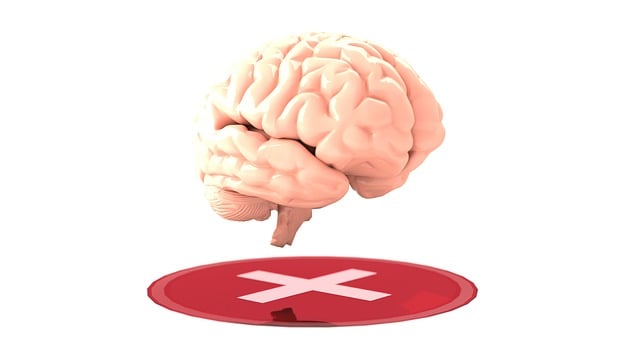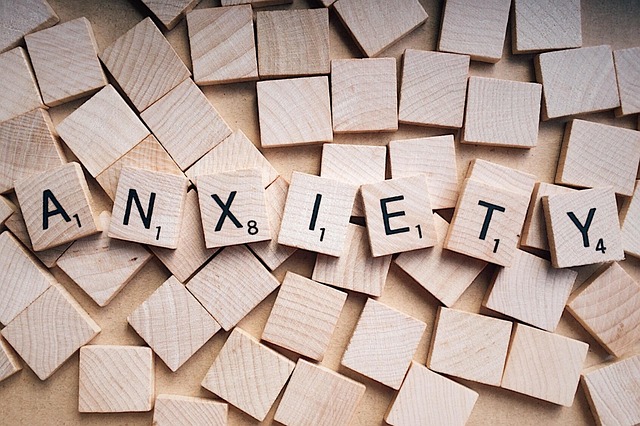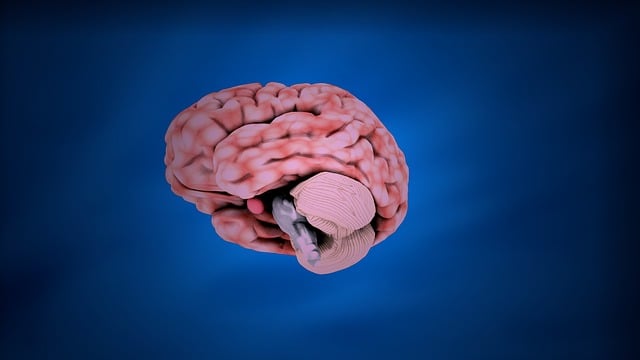Mental illness stigma profoundly affects young minds, leading to hidden struggles with anxiety and depression. Hypnosis therapy offers a unique solution by strengthening inner strength and confidence through relaxation techniques and guided visualization. This empowers children to challenge negative beliefs, embrace emotions, and build resilience. Early intervention using hypnosis alongside community support, educational events, and crisis management reduces stigma and fosters open dialogue about mental health. Integrating these strategies into holistic care ensures better long-term outcomes for young individuals.
Mental illness stigma remains a significant barrier, especially for young minds. This article delves into comprehensive strategies for stigma reduction, exploring impactful solutions like understanding mental illness and its effects on youth, the role of therapy in breaking down barriers, and innovative approaches such as hypnosis. We also examine successful community engagement tactics fostering acceptance and empathy, along with long-term care stories that illustrate overcoming stigma. Key focus areas include therapy for young children and hypnosis techniques.
- Understanding Mental Illness Stigma and Its Impact on Young Minds
- The Role of Therapy in Breaking Down Stigma: A Focus on Children
- Hypnosis as a Creative Tool for Stigma Reduction in Mental Health Support
- Community Engagement Strategies to Foster Acceptance and Empathy
- Long-term Success Stories: Overcoming Stigma Through Continuous Care
Understanding Mental Illness Stigma and Its Impact on Young Minds

Mental illness stigma significantly impacts young minds, often hindering their development and well-being. This societal misconception portrays mental health issues as a personal weakness or character flaw, leading to self-stigma among children and adolescents. They may internalize these negative beliefs, causing them to hide their struggles and avoid seeking the necessary support, such as therapy for young children. As a result, conditions like anxiety, depression, and even more severe disorders can go undiagnosed and untreated, exacerbating symptoms over time.
Hypnosis, recognized as an effective therapeutic method, offers a unique approach to address these issues by strengthening inner strength and boosting confidence in young individuals. Through guided visualization and relaxation techniques, hypnosis helps youngsters reframe their thoughts, challenging the negative beliefs associated with mental illness. This process encourages them to embrace their emotional experiences as normal and manageable, fostering resilience and self-acceptance—key factors in preventing depression and other mental health challenges down the line.
The Role of Therapy in Breaking Down Stigma: A Focus on Children

Stigma surrounding mental illness can deeply impact children’s well-being and development. Therapy plays a pivotal role in breaking down these barriers by providing a safe and non-judgmental space for young minds to explore their feelings. For instance, hypnosis therapy has gained recognition as an effective approach to enhance self-awareness and build resilience in children. This therapeutic method helps them understand and manage their emotions, fostering a sense of control and confidence.
By targeting the root causes of stigma, therapy empowers children to speak openly about their mental health struggles. Public awareness campaigns that highlight the importance of normalizing conversations around mental illness further support this process. Additionally, crisis intervention guidance offered through therapy can equip children with coping strategies to navigate challenging situations, boosting their overall psychological resilience and self-esteem.
Hypnosis as a Creative Tool for Stigma Reduction in Mental Health Support

Hypnosis has emerged as a creative tool in the mental health landscape, offering unique benefits for stigma reduction, especially when targeting therapy for young children. Through guided imagery and relaxation techniques, hypnosis can help young minds develop resilience, enabling them to cope with stress and anxiety associated with mental illness. This alternative approach is particularly effective in fostering open communication about emotional well-being without the fear of judgment, a critical aspect in breaking down stigma barriers.
Incorporating hypnosis into mental health support also plays a role in risk management planning for professionals. By creating a safe and supportive environment, therapists can guide clients to explore their feelings and thoughts more deeply, fostering self-awareness and understanding. Additionally, cultural sensitivity in mental healthcare practice is enhanced by hypnosis as it allows individuals from diverse backgrounds to access therapeutic techniques that may be less invasive yet highly effective in addressing underlying issues contributing to mental illness.
Community Engagement Strategies to Foster Acceptance and Empathy

Community engagement is a powerful tool to reduce stigma associated with mental illness, especially among younger demographics. By actively involving local communities, organizations can foster an environment of acceptance and empathy. This strategy includes hosting educational events, workshops, and awareness campaigns that encourage open conversations about mental health. For instance, Stress Management Workshops Organization can offer interactive sessions targeting both children and their caregivers, teaching them coping mechanisms and promoting early intervention for young ones experiencing anxiety or other common mental health challenges.
Incorporating cultural sensitivity in mental healthcare practice is essential during these community engagement efforts. Hypnosis, as a therapeutic approach, has gained recognition for its effectiveness in treating various conditions, including stress-related disorders. By presenting therapy options like hypnosis alongside conventional treatments, mental health professionals can cater to diverse cultural backgrounds and preferences, further reducing barriers to access and promoting inclusivity in mental healthcare services.
Long-term Success Stories: Overcoming Stigma Through Continuous Care

Many individuals living with mental illness report that long-term success in managing their conditions is heavily influenced by continuous care and support. Early intervention plays a crucial role, especially for young children experiencing their first episode of a mental health crisis. Therapy tailored to their age, using methods like hypnosis, can be highly effective in teaching coping mechanisms and building resilience. These early interventions set the foundation for long-term recovery.
Beyond therapy, empathy building strategies and crisis intervention guidance are vital components of stigma reduction. Creating supportive environments where individuals feel understood and empowered to seek help is essential. Additionally, burnout prevention strategies must be prioritized for both caregivers and those recovering from mental illness. This holistic approach ensures individuals have the resources and support needed to maintain their mental health journey over time.
Mental illness stigma reduction is a multifaceted approach, as evidenced by this article’s exploration of therapy, hypnosis, community engagement, and long-term care. By employing these diverse strategies, we can create a more accepting society for those struggling with mental health issues. Specifically, therapy tailored for young children and the innovative use of hypnosis offer promising paths to breaking down stigma. Ultimately, fostering empathy through community engagement is key to ensuring continuous support and successful outcomes for individuals navigating their mental health journeys.













